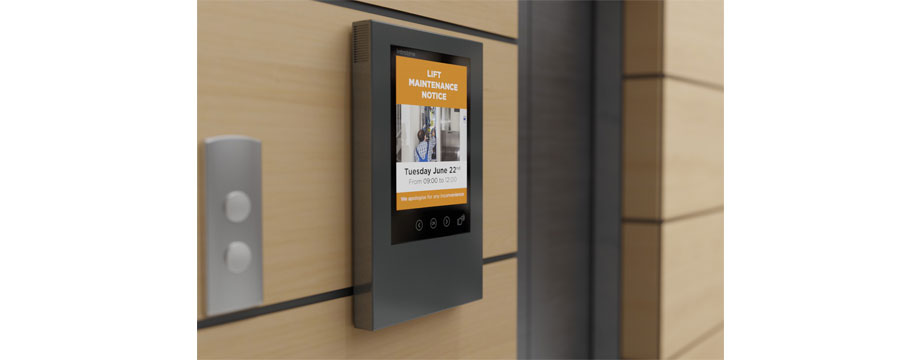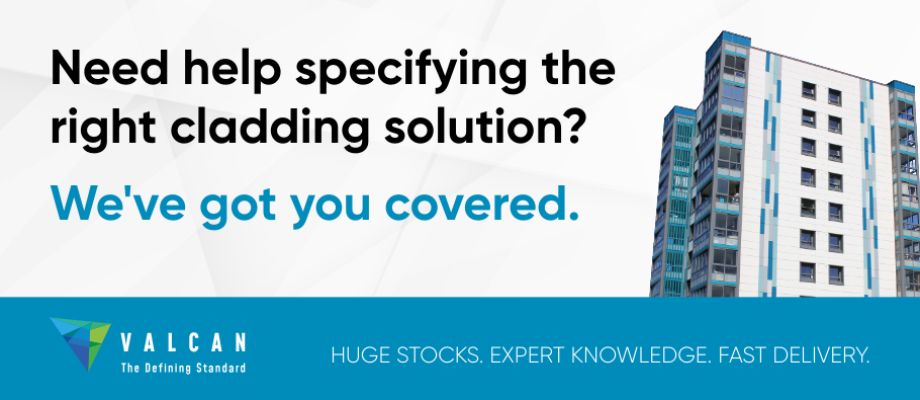While Housing Associations have long been shifting towards a more digital way of working, the COVID-19 pandemic has amplified this further, with more housing managers embracing remote working technologies and embedding digital infrastructures and data standards into their everyday processes. But are these systems being used to their full potential? As well as providing the option to log in to a central database from any location, remote management systems can also help streamline operations and crucially, open up mutually beneficial dialogues with tenants.

Adapting to change
For housing managers, remote management technology has proven essential in enabling them to work from home over the past year – but the benefits of these systems go far beyond video conferencing and cloud-based storage. Remote management systems can significantly streamline time-intensive processes that would typically need to be completed in person – for example, interviewing tenants and updating paper flyers in building foyers – by reducing site visits and centralising operations. These systems are also beneficial for tenants, too: using a connected online platform makes rent payments and maintenance requests more user-friendly, while simultaneously reducing the time and costs of traditional face-to-face approaches for housing managers. Plus, as the UK adapts to a ‘new normal’ with continued social distancing in place, fewer site visits provide additional peace of mind to both parties.
Connecting devices such as intercoms and access control systems to remote management systems also adds another layer of efficiency, allowing housing managers to have a real-time overview of building access from either their office or at home – again, reducing the need to visit sites in-person each time. Plus, from a tenant’s point of view, these remotely managed access control systems provide a greater level of security for their buildings as every entry is tracked, and they can grant access with just a tap of a button on their mobile phones or tablets.
Enhancing communication
Although digitalisation can seem to some like it may adversely affect tenant communication and connection, remote management does not have to mean a reduced dialogue. It’s quite the reverse: more digitalised ways of working are an effective way to actually humanise and strengthen relationships even further. In fact, new technology is helping housing managers to provide 24/7 self-service support for tenants, allowing them to keep up to date with their account, any recent news or contact a relevant person in the event they need further assistance.
Take Intratone’s remotely managed Interactive Digital Noticeboard, for example, which has been created specifically to help open up and drive mutually beneficial conversations. As an innovative alternative to traditional bulletin boards, the solution enables housing managers to easily display important announcements, like maintenance schedules and repair notices, to tenants via a secure online remote management system. Closer connections can also be forged through the unique survey function, where questions can be posed to tenants, who select their answer via the integrated scrolling buttons before then voting anonymously using their key fobs. Surveys, polls or notices can be set up and posted quickly to multiple buildings at a time, making collecting feedback much easier than with outdated paper notices.
Building a stronger community
Now is the time to use remote management systems to their full potential. Not only does this technology help drive efficiencies by saving valuable time and money, but it also improves communication and fosters all-important inclusivity when people need it the most. Digital noticeboards are one way in which housing managers are building connections with their tenants – to transform relationships for the better.
Interested in learning more about Intratone’s new Interactive Digital Noticeboard? Find out more here.
- Log in to post comments















